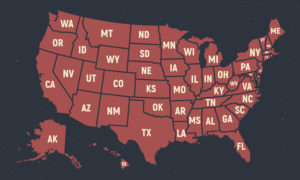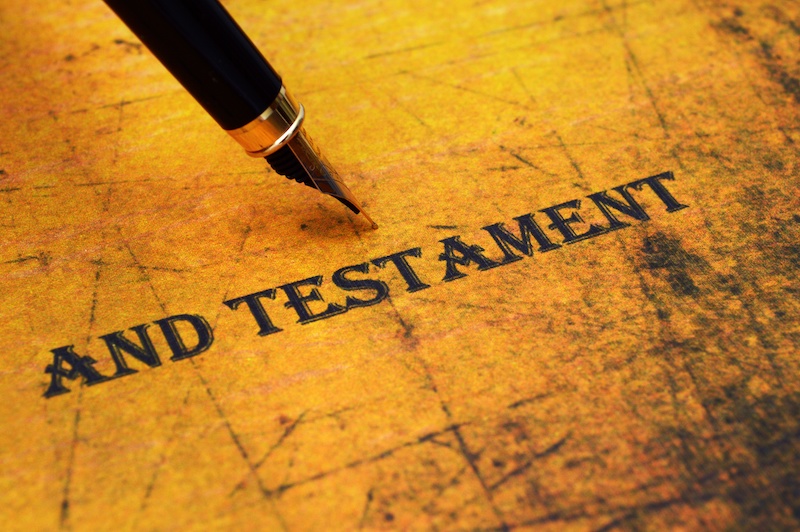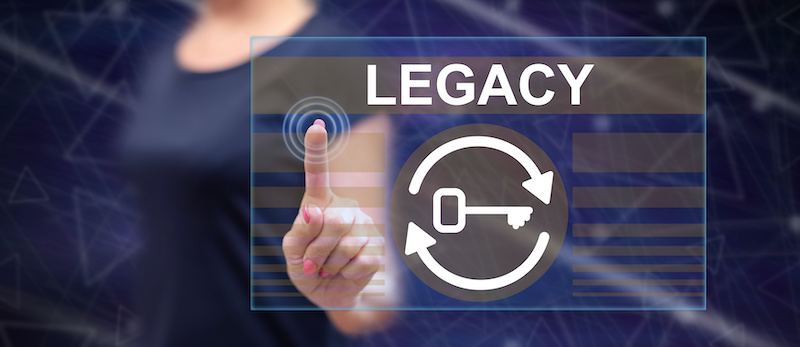
What Is an Electronic Will?
People printed and signed legal documents with a pen. However, today, we sign commercial contracts, form, and run businesses, and buy everything from groceries to cars online. Thus, it seems almost prehistoric to require someone to appear in person to sign a will printed on paper. In today’s world, do electronic wills suffice?

What is a Will?
Under established law, a will is generally not valid unless it is in writing. Two poeple must witness signing by the will-maker. There is good reason for these rules. Courts need to be able to determine whether a will is authentic after the person who made it dies. By requiring that a will-maker follow rules, the court ensures that the will-maker had mental capacity when they signed. They also ensure that the signor did so voluntarily.
Digital World: Electronic Wills

Still, we live in a digital world now. And courts increasingly determine whether a will created and stored on a computer, tablet, or cell phone and e-signed meets the traditional requirements of being “in writing” and “signed by the will maker.” And with the COVID-19 pandemic increasing our familiarity with virtual meetings and conversations, the question also arises whether a witness who virtually observed the signing of a will but was not physically in the presence of the will maker satisfies the traditional physical presence witnessing requirement.
What States Allow Electronic Wills?

To answer these questions, several states have begun to adopt legislation that specifically permits electronic wills. Nevada was the first state to pass laws allowing the use of an electronic will. In recent years, Indiana, Arizona, Florida, Illinois, and Maryland have each enacted legislation to permit electronic wills.[1] In 2019, the Uniform Law Commission (a nonprofit organization that drafts model state legislation) passed the Uniform Electronic Wills Act (UEWA), a set of model laws for states that may want to enact legislation permitting the use of electronic wills. The UEWA maintains the traditional formalities of writing, signature, and attestation by witnesses but adapts them to some of the technological advances of the modern age. For example, a will that is written in some form of text and e-signed is valid; however, an audio or video will would not be valid unless it was transcribed before the will-maker signed it.
Physical Wills

Regarding the requirement that witnesses be physically present, states can enact a version that requires witnesses to be physically present or a version that allows for virtual witnessing. The UEWA has no requirements as to the custodianship or storage of electronic wills, although a state can enact its own requirements. To date, Colorado, Utah, North Dakota, and Washington have adopted the UEWA in some form.[2] And other states are sure to follow; Massachusetts, the District of Columbia, and the US Virgin Islands have recently introduced the UEWA.
Should I Use an Electronic Will?

Even though your state’s law may allow you to use an electronic will, there are still some good reasons to stick with the old-fashioned hard copy will drafted by an attorney. One reason is that electronic wills have a greater potential for abuse and the exercise of undue influence, duress, or coercion. Elderly people are already susceptible to such abuse, but the risk is even greater if no one knows who is off-screen directing the elderly person on what to do with their money and property after their death. There is also the risk of increased litigation over whether a will-maker had the mental capacity to execute a will. For people who have considerable money and property or who may be disinheriting a family member, an electronic will is an enticing invitation to potential heirs to litigate over the estate.

About Skvarna Law in Glendora & Upland, California
Skvarna Law Firm operates offices in Glendora and Upland, California. Also, we provide legal services. We cover San Bernardino, Los Angeles, Orange, and Riverside Counties. This includes several cities. Upland, Ontario, Rancho Cucamonga, Fontana, Colton, Rialto, Chino, Chino Hills, Glendora, Claremont, Pomona, La Verne, Montclair, San Dimas, Azusa, Covina, West Covina, Diamond Bar, Walnut, La Puente, Corona, Norco & Mira Loma.


